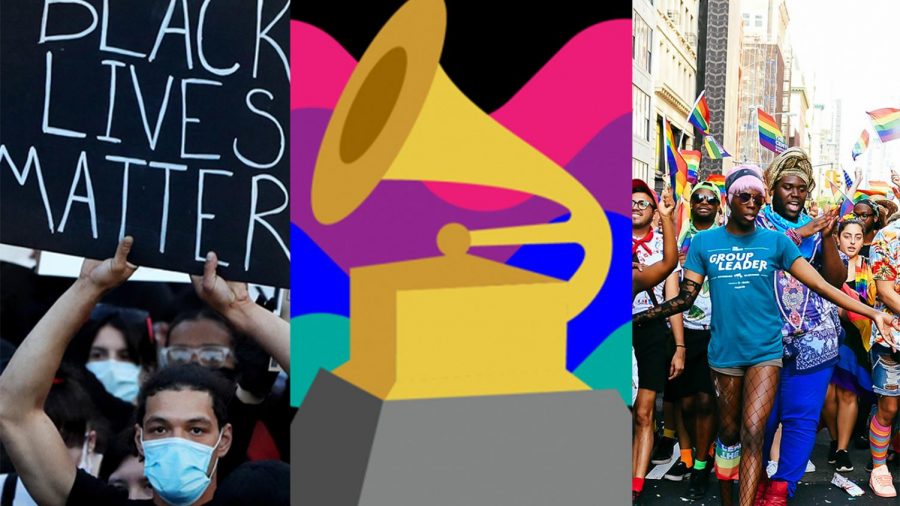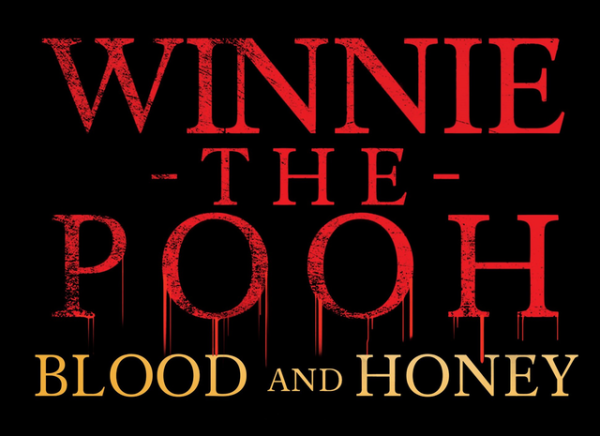Press Play: The music industry has a social justice problem
Photo credit/ Michael Kelley, Autumn Bohner
Staff Writer Michael Kelley explains how although the music industry may appear to accept all communities, this is not always the case.
March 11, 2021
Music offers a sense of escapism and entertainment for many people throughout the world. I began to appreciate music because of the way songs prompt me to recollect moments throughout my life.
As I developed a deeper understanding of the music industry, I have seen that it often promotes diversity and inclusion. However, these actions that show acceptance towards minority communities only mask the truth behind the scenes.
The Grammys has a broken voting system
The annual Grammy Awards are right around the corner. However, the most influential thing to come from the Grammys in recent years is the snubs rather than the actual award show. These snubs have led to accusations that the Grammys, organized by the Recording Academy, do not represent a full spectrum of artists. Instead, it tends to favor artists that are more easily commercialized.
Former Recording Academy CEO Deborah Dugan stepped into the role in 2019 when prior CEO Neil Portnow resigned after past misogynistic comments resurfaced. However, the Academy ousted her for writing an internal memo detailing corruption and abuse within the Academy.
Among Dugan’s allegations was that of a broken voting system that subjugates conflicts of interest. Dugan stated that voting boards ignored several artists when deciding who would receive nominations. She also described how secret committees normalized this corrupt system within the Academy.
The Grammys do not hold the same importance as they have in years prior. For many artists, having their name associated with a Grammy nomination or win can be seen as a luxury. However, when nominations and wins receive scrutiny, it tends to devalue the honor.
The music industry takes advantage of race
Kenneth Gamble created the Black Music Association (BMA) in 1978, flipping the music industry on its head. During this time, issues of racial profiling and double standards within the justice system rose in prominence.
The BMA provided Black musicians an escape from the looming threat of violence from police and offered a creative outlook through music. Although the organization no longer exists, it still serves as a model for how artists can advocate for social justice issues.
Since the death of George Floyd, the music industry has spoken out on the issue of racial injustice. Although the sentiment is nice, it seems like a form of performative activism that has become all too common. Some critics, including myself, question whether or not the industry can hold itself accountable for the decades of racism tucked within its roots.
The music industry embraces unruly contracts that offer music businesses millions of dollars while Black artists retain a small percentage. For most record deals, artists sign away a portion of their rights towards their music. However, in some cases, these deals can also take away artists’ full creative freedom.
These deals warp the creativity of the music-making process. Additionally, this toxic mentality can damage the ability of artists to take full ownership of their masters.
LGBT acceptance and representation is lacking in the music industry
Members of the LGBT community are self-proclaimed music fans. However, the music industry has not always accepted the community. Many LGBT musicians are rarely heard in the mainstream music scene.
In the Hip-Hop genre, for example, the LGBT community is significantly underrepresented in this genre. Additionally, discrimination runs rampant within the genre creating a barrier for LGBT listeners. However, a surge of young artists like Tyler the Creator, Lil Nas X and Kevin Abstract are working to change this narrative within the genre.
While the music industry is becoming more inclusive towards the LGBT community, it does not come without setbacks. Recently there has been immense pressure for musicians to be politically active. There is even greater pressure on LGBT artists to explicitly express their sexuality or gender identity and advocate for the community. However, artists are people too and should only advocate for issues if they are comfortable doing so.
The music industry creates mental health challenges for artists
The New York Times’ documentary, “Framing Britney Spears,” shined a light on the Free Britney Movement and the music industry’s treatment of mental health issues. The documentary discussed the rise of Spears’ career, the events leading to her outcry and her conservatorship.
The documentary details how the music industry uses young artists to idealize how young listeners should look and act. This issue still happens today as tabloids cover everything from high-profile breakups to body shaming.
In recent years the music industry has also embraced stan culture. Stan culture entails fans who verbally attack artists online. This culture creates a toxic environment and puts artists at risk of developing mental health problems.
Contact the writer: [email protected]
Twitter: @mkelleyww















